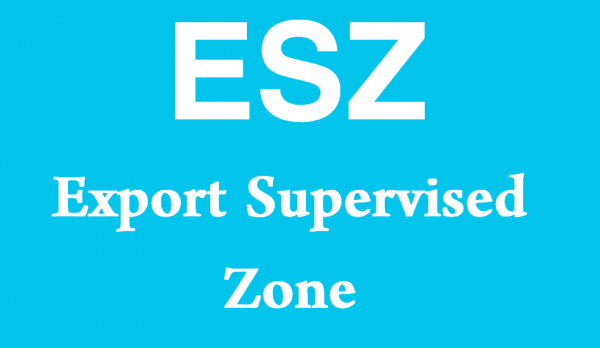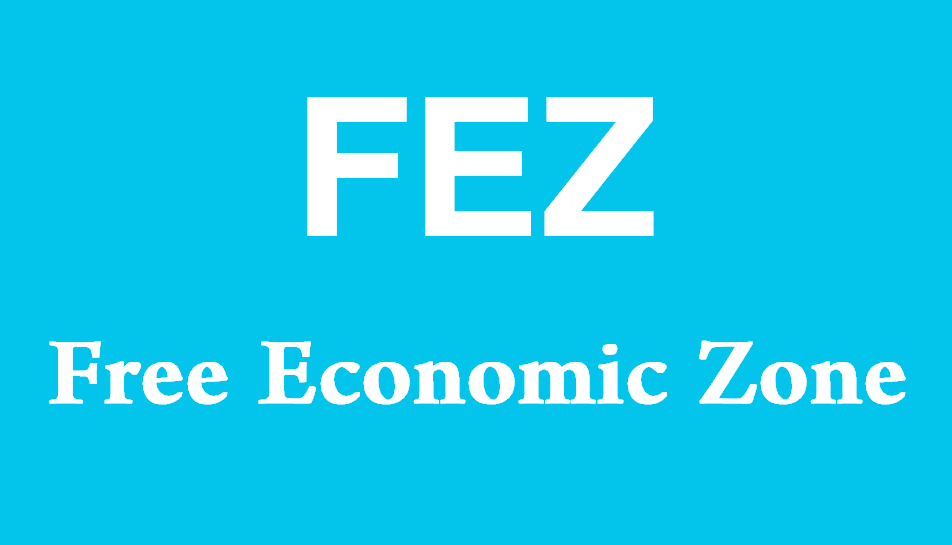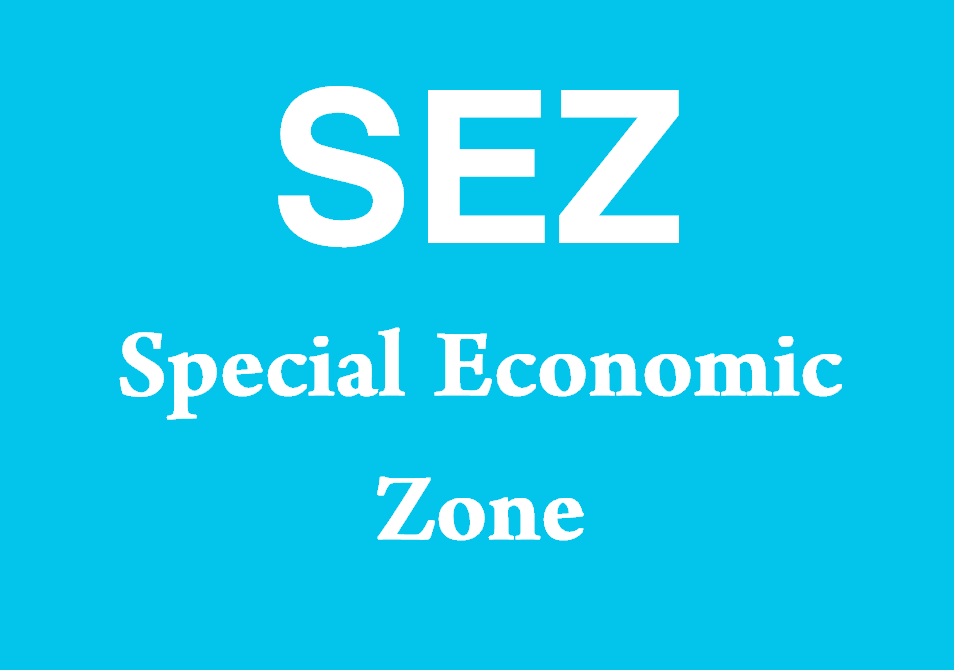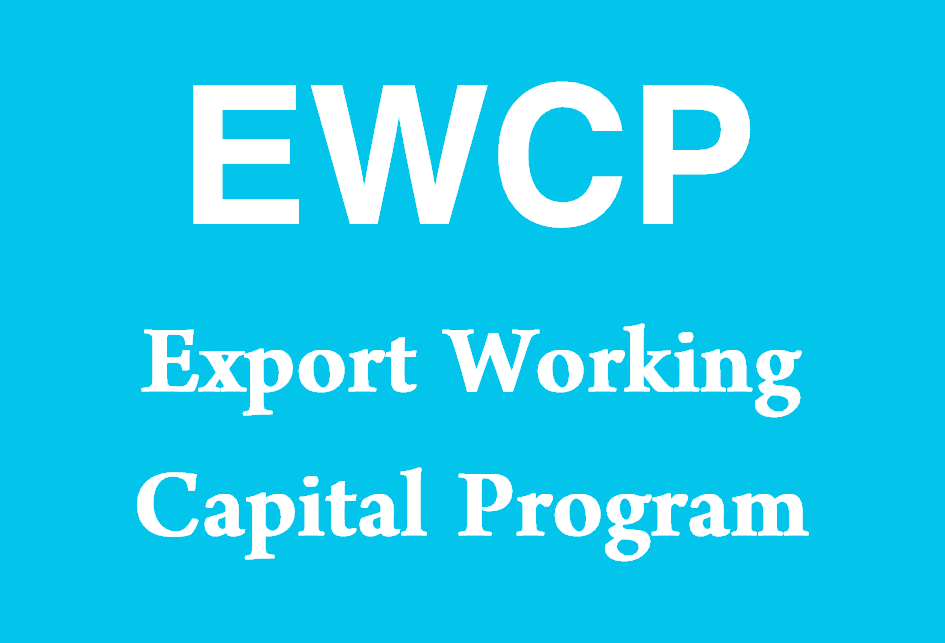What does EPZ stand for?
EPZ stands for Export Processing Zone, a designated area within a country that offers special incentives and privileges to promote export-oriented industrialization. These zones are established to attract foreign investment, enhance export competitiveness, and stimulate economic growth. This comprehensive explanation will delve into the history, objectives, features, benefits, and impact of Export Processing Zones, provide practical notes for importers dealing with EPZs, offer sample sentences illustrating the use of the acronym EPZ, and include a detailed table listing 20 other meanings of the acronym in various contexts.

Comprehensive Explanation of Export Processing Zone
History and Establishment
Export Processing Zones (EPZs) have their roots in the concept of free trade zones, which emerged in the early 20th century to facilitate trade and industrial development. The modern EPZ concept gained prominence in the latter half of the 20th century as developing countries sought to attract foreign investment and boost exports.
Key Milestones
- Early Development: The first EPZ was established in Shannon, Ireland, in 1959, marking the beginning of the modern EPZ movement.
- Global Expansion: EPZs proliferated worldwide in the 1970s and 1980s, with many countries establishing their own zones to promote export-oriented industrialization.
- Policy Reforms: Governments introduced various policy reforms and incentives to attract investment and foster industrial growth within EPZs.
Objectives and Goals
The primary objectives of EPZs are:
- Export Promotion: To boost exports by providing a conducive environment for export-oriented industries.
- Foreign Investment: To attract foreign direct investment (FDI) by offering incentives and benefits to investors.
- Employment Generation: To create employment opportunities and contribute to poverty reduction through industrialization.
- Technology Transfer: To facilitate technology transfer and knowledge exchange between domestic and foreign firms.
- Industrial Diversification: To encourage industrial diversification and value addition in the economy.
Features and Characteristics
EPZs typically possess the following features:
Special Economic Zone Status
EPZs are designated as special economic zones (SEZs) by the government, providing them with a distinct legal and regulatory framework.
Infrastructure and Facilities
EPZs offer modern infrastructure and facilities, including industrial parks, factories, warehouses, utilities, and transportation networks.
Regulatory Incentives
EPZs provide various regulatory incentives to investors, such as tax exemptions, customs duty waivers, streamlined administrative procedures, and relaxed labor regulations.
Export-Oriented Industries
EPZs focus on attracting export-oriented industries, including manufacturing, assembly, processing, and logistics.
Benefits and Incentives
EPZs offer several benefits and incentives to investors and businesses:
- Tax Exemptions: Investors enjoy tax exemptions on corporate income tax, value-added tax (VAT), customs duties, and other levies.
- Duty-Free Imports: Importation of raw materials, components, machinery, and equipment is allowed duty-free or at reduced rates.
- Simplified Procedures: Streamlined administrative procedures and customs clearance processes facilitate business operations.
- Infrastructure Support: Access to modern infrastructure, utilities, and services enhances operational efficiency and productivity.
- Export Facilitation: EPZs provide logistical support and export-related services to facilitate international trade.
Types of Industries in EPZs
EPZs accommodate various industries, including:
- Manufacturing: EPZs host manufacturing facilities for products such as textiles, electronics, automobiles, pharmaceuticals, and consumer goods.
- Assembly: Assembly operations, particularly for electronics and automotive industries, are prevalent in EPZs due to their labor-intensive nature.
- Processing: EPZs offer processing facilities for agricultural products, minerals, and other commodities, adding value to raw materials before export.
- Services: Some EPZs specialize in service industries such as information technology (IT), business process outsourcing (BPO), and logistics.
Impact and Achievements
EPZs have made significant contributions to economic development and industrialization:
- Export Growth: EPZs have played a pivotal role in increasing exports, generating foreign exchange earnings, and reducing trade deficits.
- Employment Generation: EPZs create employment opportunities for skilled and unskilled workers, contributing to poverty alleviation and social development.
- Foreign Investment: EPZs attract foreign direct investment (FDI) by offering incentives and a favorable business environment, stimulating economic growth.
- Technology Transfer: Collaboration between domestic and foreign firms in EPZs facilitates technology transfer, skill development, and knowledge exchange.
- Infrastructure Development: EPZs catalyze infrastructure development in host countries, leading to improved connectivity, utilities, and services.
Notes of EPZ to Importers
Understanding EPZ Operations
Importers dealing with EPZ-based manufacturers should understand the operational dynamics and benefits:
- Quality Assurance: EPZ-based manufacturers often adhere to international quality standards to meet export requirements, ensuring product reliability for importers.
- Cost Competitiveness: EPZ incentives, including tax exemptions and duty-free imports, translate into cost savings for importers, making products more competitive in the global market.
- Logistical Efficiency: EPZs offer integrated infrastructure and logistics support, facilitating seamless supply chain management for importers.
Leveraging EPZ Benefits
Importers can leverage the benefits of EPZ-based manufacturers to optimize their sourcing strategies:
- Diversified Sourcing: Partnering with EPZ-based manufacturers diversifies the importer’s supplier base, reducing dependence on a single source and mitigating supply chain risks.
- Collaborative Partnerships: Building collaborative partnerships with EPZ-based manufacturers fosters long-term relationships, enabling customization, flexibility, and innovation in product offerings.
- Market Expansion: EPZ-based manufacturers often have a global outlook, enabling importers to access new markets and leverage their export capabilities for mutual growth.
Compliance and Due Diligence
Importers should ensure compliance with regulatory requirements and conduct due diligence when sourcing from EPZ-based manufacturers:
- Legal Compliance: Importers should verify the legal status and compliance of EPZ-based manufacturers with relevant regulations, including labor, environmental, and safety standards.
- Supply Chain Transparency: Transparency in the supply chain ensures ethical sourcing practices and mitigates reputational risks for importers associated with labor or environmental violations.
Sustainable Sourcing Practices
Importers should prioritize sustainable sourcing practices when dealing with EPZ-based manufacturers:
- Environmental Responsibility: EPZ-based manufacturers should adhere to environmentally sustainable practices, minimizing waste, pollution, and resource consumption.
- Social Accountability: Importers should ensure that EPZ-based manufacturers uphold fair labor practices, including safe working conditions, fair wages, and employee rights.
Sample Sentences Containing EPZ and Their Meanings
- “The company established its manufacturing facility in an EPZ to take advantage of tax incentives and export opportunities.”
- This sentence highlights the strategic decision of the company to leverage the benefits of an EPZ for cost savings and export promotion.
- “EPZ-based manufacturers offer competitive pricing and high-quality products for importers seeking reliable suppliers.”
- This sentence underscores the value proposition of EPZ-based manufacturers for importers, emphasizing cost competitiveness and product quality.
- “Sourcing from EPZs aligns with our commitment to sustainable and ethical business practices, supporting social and environmental responsibility.”
- This sentence reflects the importer’s ethical sourcing strategy, prioritizing sustainability and social accountability when dealing with EPZ-based manufacturers, thus aligning with the company’s values and corporate social responsibility objectives.
- “EPZs play a crucial role in driving economic growth and industrial development, attracting foreign investment and creating employment opportunities.”
- This sentence emphasizes the broader impact of EPZs on economic growth and job creation, highlighting their significance beyond the realm of international trade.
- “Importers should conduct thorough due diligence when sourcing from EPZs to ensure compliance with regulatory requirements and ethical standards.”
- This sentence serves as a reminder to importers of the importance of due diligence and compliance when engaging with EPZ-based manufacturers, mitigating risks associated with regulatory non-compliance or ethical lapses.
Other Meanings of EPZ
The acronym EPZ can have various meanings in different contexts. The table below provides a detailed overview of 20 alternative meanings:
| Acronym | Full Form | Description |
|---|---|---|
| EPZ | Electronic Proof of Delivery | A digital confirmation of delivery for electronic transactions, often used in logistics and shipping. |
| EPZ | Emergency Planning Zone | An area designated for emergency planning and response purposes, typically around hazardous facilities. |
| EPZ | Enhanced Parallel Zapping | A technique used in computer processing to improve performance by parallelizing tasks. |
| EPZ | European Parliamentarian Zone | A designated area within the European Parliament for parliamentarians to gather and discuss issues. |
| EPZ | Encapsulated PostScript | A page description language used for printing and displaying graphics and text. |
| EPZ | Electronic Product Zone | A designated area for the production, assembly, or testing of electronic products. |
| EPZ | Educational Publishers’ Zone | A virtual platform or physical space dedicated to educational publishers and resources. |
| EPZ | Energy Performance Zone | A zone or area focused on optimizing energy performance and efficiency in buildings or systems. |
| EPZ | Enhanced Portal Zone | A specialized area within a digital portal or platform offering advanced features and functionalities. |
| EPZ | Enhanced Protection Zone | A designated area with enhanced security and protection measures, often in military or defense contexts. |
| EPZ | Extended Parking Zone | A designated parking area with extended time limits for parking vehicles. |
| EPZ | Export Processing Zone | The standard definition discussed in this document, referring to a designated area for export-oriented industrialization. |
| EPZ | External Peripheral Zone | An area or region located on the periphery or outskirts of a larger urban or metropolitan area. |
| EPZ | European Parliament Zone | A designated area within the European Parliament building for official parliamentary activities. |
| EPZ | Emergency Preparedness Zone | A designated area or region focused on emergency preparedness and response planning. |
| EPZ | Environmental Protection Zone | A protected area or region designated for environmental conservation and preservation efforts. |
| EPZ | Economic Planning Zone | A zone or area dedicated to economic planning and development activities, often at the national level. |
| EPZ | Electrophoretic Zone | A region within a gel or solution where molecules migrate during electrophoresis. |
| EPZ | Enhanced Performance Zone | A specialized area or region optimized for enhanced performance, efficiency, or productivity. |
| EPZ | Exploration and Production Zone | A designated area for oil and gas exploration and production activities. |






